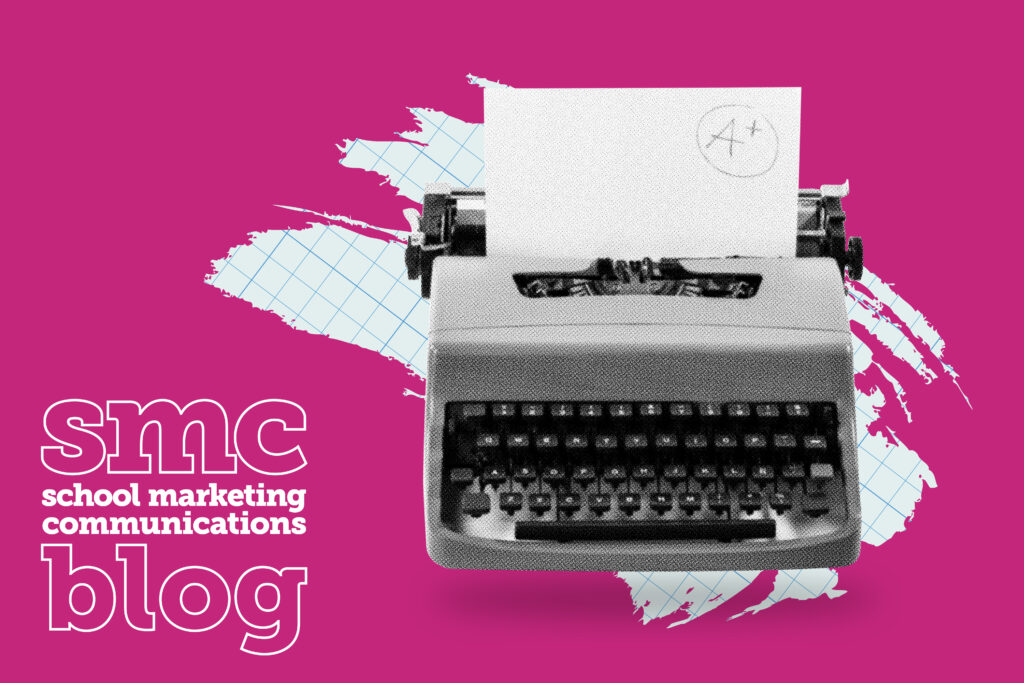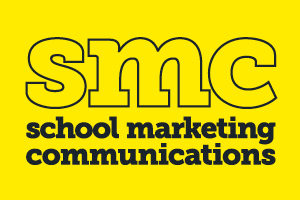If you’ve been keeping up with the ever-evolving world of technology, you’ve likely heard of the term ‘ChatGPT’, followed by the controversy this latest artificial intelligence (AI) tool has been stirring in the workplace and among schools.
From journalists fearing that their jobs will soon become obsolete, to some Australian schools banning its use in the classroom altogether in fear of students generating assessment responses, it is clear to see why a tool that can generate content within seconds is causing panic. So, what exactly is ChatGPT? And most importantly, how can it be effectively (and ethically) used by school marketers?
For context: ChatGPT is a large-scale artificial intelligence (AI) language model developed by OpenAI. It has been designed to generate (somewhat) human-like responses to text-based prompts, using a combination of deep learning and natural language processing techniques. The model has been trained on a vast corpus of text data, including books, articles, and websites, which allows it to understand and generate text in a wide range of topics and styles.
For this reason, it can be used for a variety of applications, including language translation, text summarisation, and content creation (like this very blog!). One of its most popular applications is in chatbots, where it can be used to provide human-like responses to customer inquiries or support requests. This is especially useful to school marketers who are likely unable to respond to parent inquiries 24/7, or may not currently have a chatbot feature on their school website.
When used correctly, this powerful AI language model can enhance the way you engage with your customers (parents and students) and can be utilised to provide schools with a platform to engage with prospective parents on a more personal level, resulting in a steady increase of enrolment rates.
It is worth noting, however, that while schools may be wary of ChatGPT for several reasons – particularly regarding the privacy and security of students’ data and cheating – and may prohibit student use of ChatGPT, the AI tool is an extremely valuable tool for school marketers to use for content creation, customer inquiries and support requests.
Sound too good to be true? Keep reading to find out four ways you can use ChatGPT for school marketing right now:
1. Personalised communication:
You can use ChatGPT to personalise communications with prospective students and their parents. This tool can help you identify the needs and preferences of individual students and provide them with information that is relevant to their interests. For example, if a student has expressed an interest in science, this AI tool can provide them with information about the school’s science programs and facilities.
2. Real-time support:
With ChatGPT, you can provide real-time support to prospective students and their parents. Chatbots can be used to answer their queries and provide them with the information they need, thereby reducing response times and improving the overall customer experience. Chatbots can also be used to provide recommendations and offers, further enhancing the relationship between the school and prospective parents.
3. Advanced data analytics:
This advanced language model can provide schools with advanced data analytics tools that can help them to gain insights into prospective students’ behaviour and preferences. This information can be used to identify trends and patterns that can be used to improve marketing strategies. For example, if a large number of prospective students are dropping out of the enrollment process at a particular stage, this could indicate that there is an issue with the application process.
4. Content writing:
As a school marketer, churning out content like blogs for your school website on a regular basis can prove to be challenging as you need to come up with fresh, informative, and engaging ideas. ChatGPT can save you time and brain power by generating ideas, captions, or an entire blog if you ask it to, based on specific topics or keywords. For example, if you are writing a blog on the benefits of the extracurricular programs on offer at your school, you can ask for key research points related to the scientific benefits of extracurricular activities.
It is important to note that the responses ChatGPT provides are not always entirely credible, as the tool pulls information from various online sources – including sources anyone can contribute to such as Wikipedia – so it is always worth fact-checking.
While the AI tool has nowhere near the same emotive and human language as an actual human and, therefore it will require some level of editing, it is an extremely useful starting point for school marketers who are struggling to generate fresh ideas or who are looking to provide real-time support to parents browsing their school website.
If you would like SMC to dive into more tips and tricks for using ChatGPT, including how to instruct ChatGPT to generate content based on keywords, you can reach out to us via email: smc@imageseven.com.au







